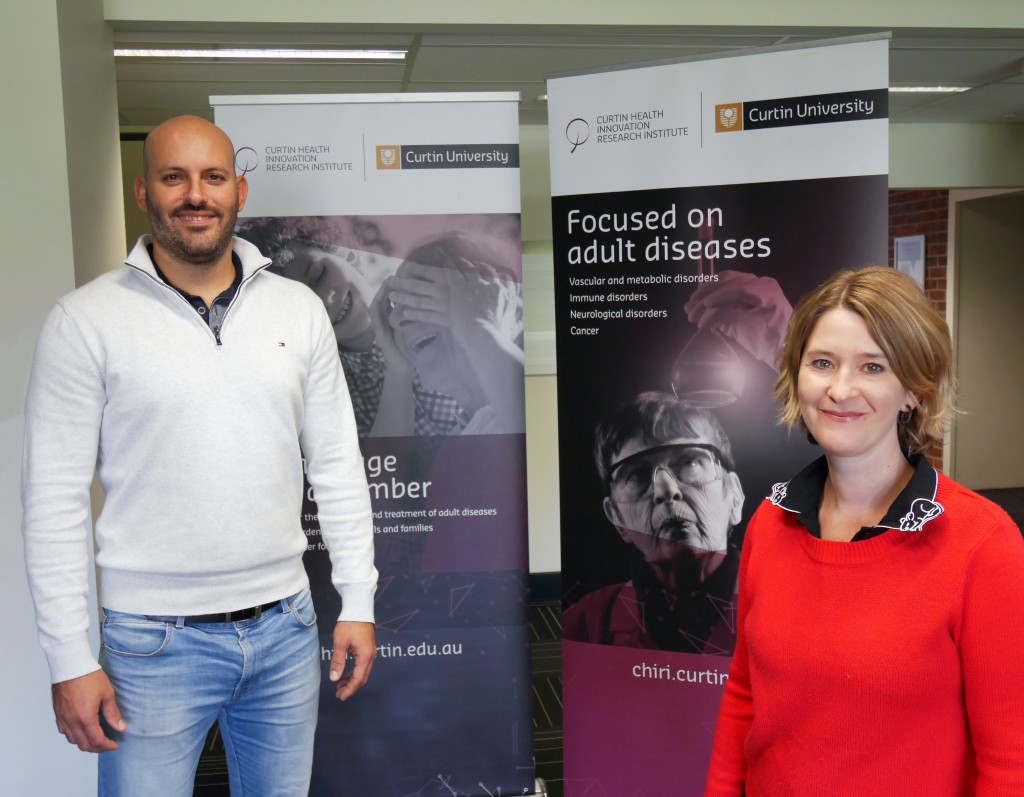The Western Australian Cancer Single Cell Consortium has awarded funding of $240,000 to research led by Curtin Health Innovation Research Institute (CHIRI) researcher Dr Rodrigo Carlessi, with our Associate Professor Nina Tirnitz-Parker, to investigate how damaged liver cells can predict liver cancer prior to its development.
Rodrigo and Nina, from Curtin University’s School of Pharmacy and Biomedical Sciences, are part of a team of national experts working to decipher liver cancer at the single cell level, with a focus on the predicting role of the gene expression repertoire in the disease.
Rodrigo said the prevalence of chronic liver disease in humans is astonishingly high, with 1.5 billion patients globally. While only a fraction of these patients develop liver cancer, the prognosis for patients is poor and comes with high mortality rates.
Liver cancer is particularly common among older patients, highlighting the potential for disease intervention early on and its significance to CHIRI’s research focus on age-related diseases and disorders.
“Currently there are no reliable biomarkers available to predict which liver disease patients have an increased cancer risk and patients should be examined frequently for an earlier detection,” Rodrigo said.
“Our research will take an innovative approach to predict liver cancer earlier, using single cell genomics and spatial transcriptomics to decipher gene expression signatures linked to the disease.”
The research project will analyse early biopsies and matched tumour material from two distinct preclinical models of liver cancer generated at Nina’s laboratory at CHIRI and the lab of Professor Mark Febbraio at Monash University in Victoria.
The research team involves senior WA researchers Prof George Yeoh and Prof Alistair Forrest from the Harry Perkins Institute of Medical Research and Prof John Olynyk from Fiona Stanley Hospital, and young investigators Dr Elena Denisenko and Matthew Jones from the Harry Perkins Institute. The team will profile thousands of single liver cells from the two models using cutting-edge genomics facilities at the Harry Perkins Institute and with the help of the Western Australian Cancer Single Cell Consortium.
“The results will reveal novel biomarkers and define gene expression patterns that have an enormous potential to translate into timely liver cancer prediction and detection once validated in future human studies,” Rodrigo said.
“We are hopeful the funding awarded to our research by the Western Australian Cancer Single Cell Consortium will help us unlock new ways of improving the outcomes for liver cancer patients.”
